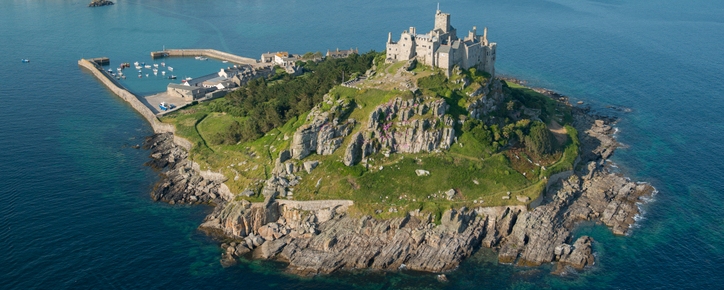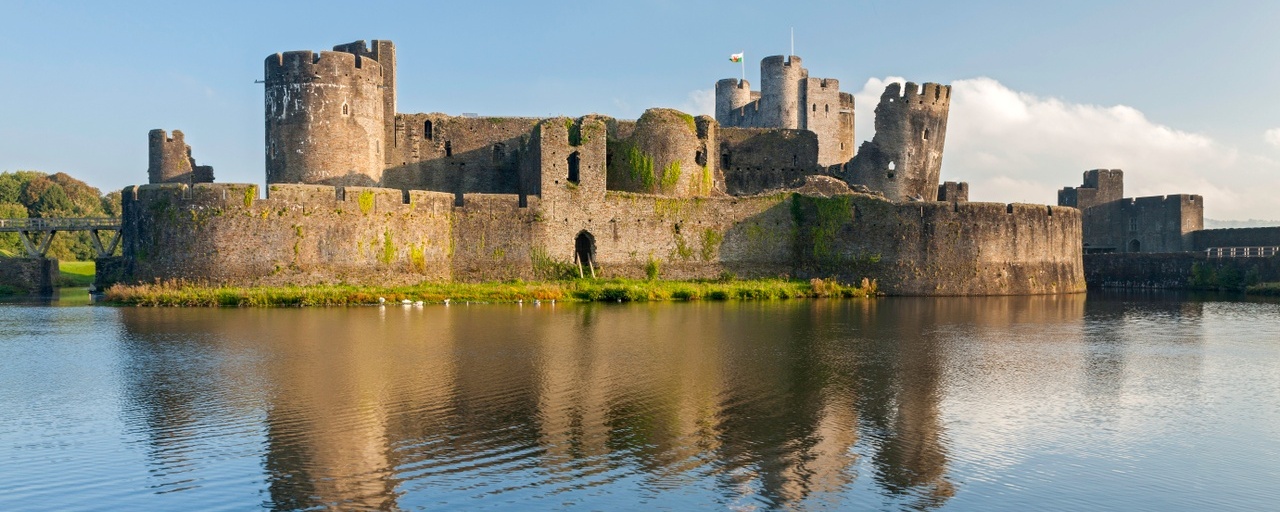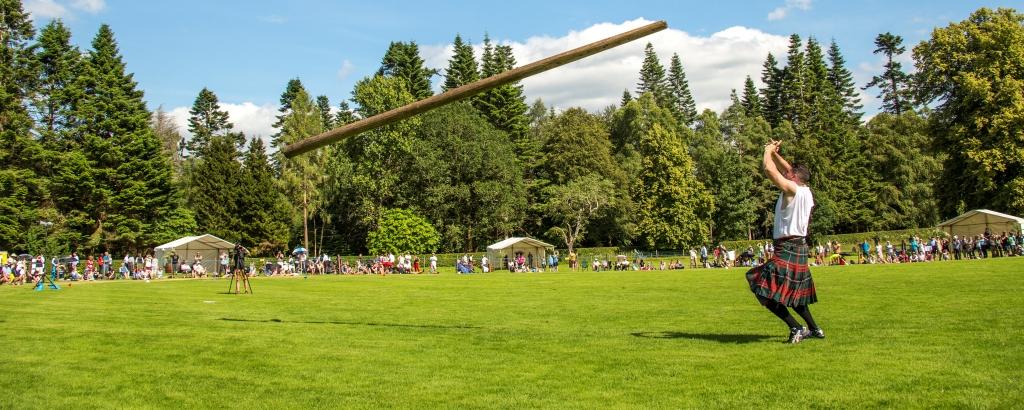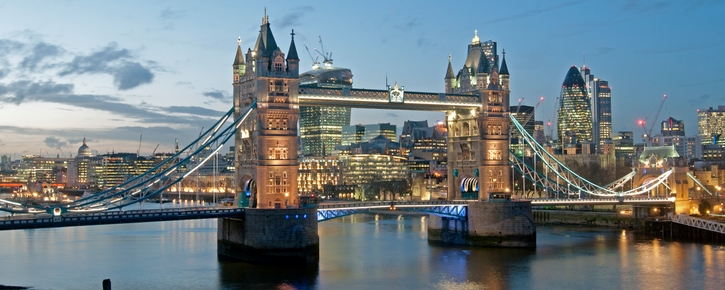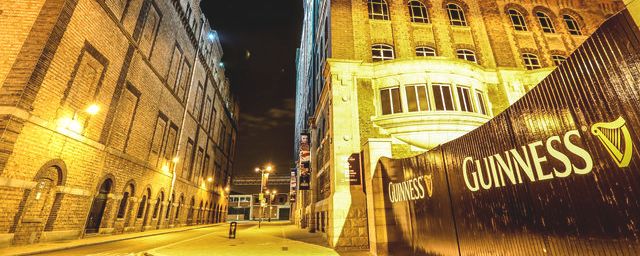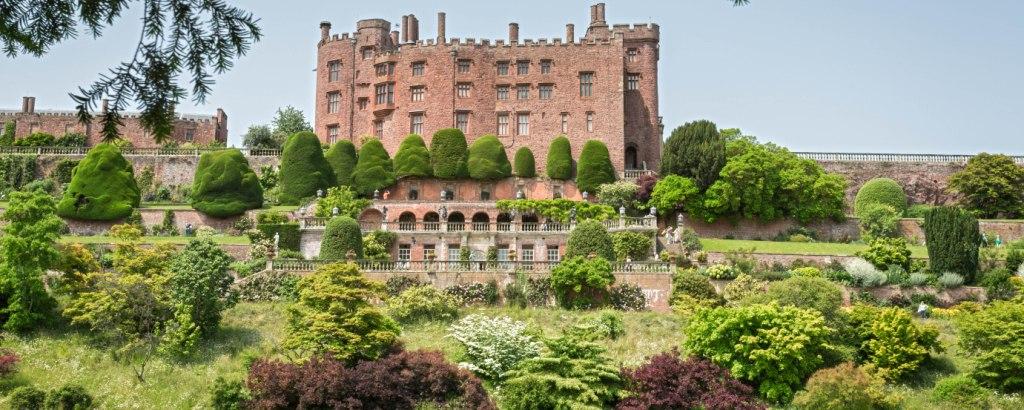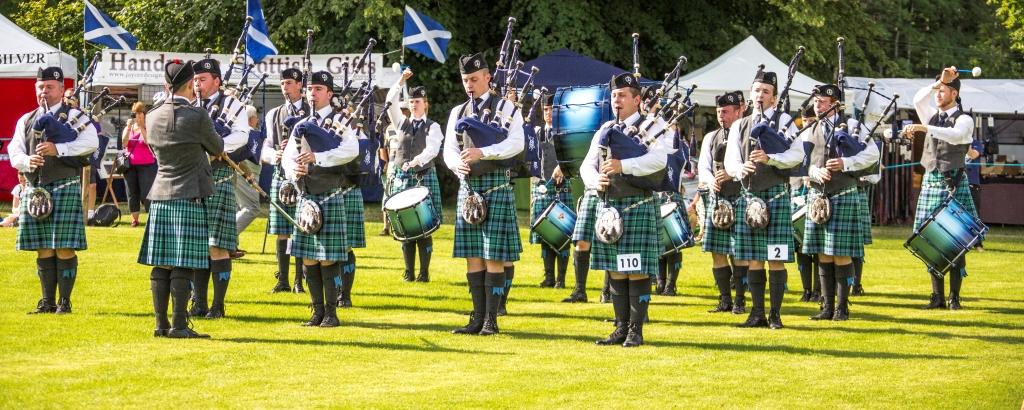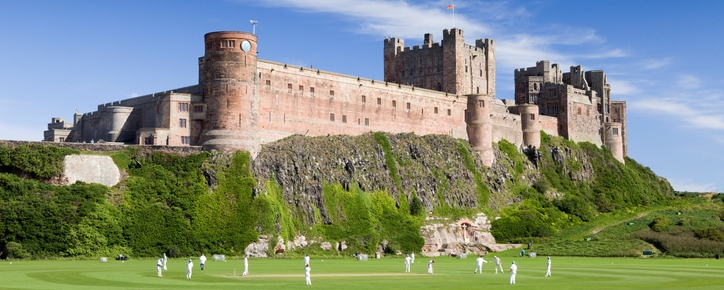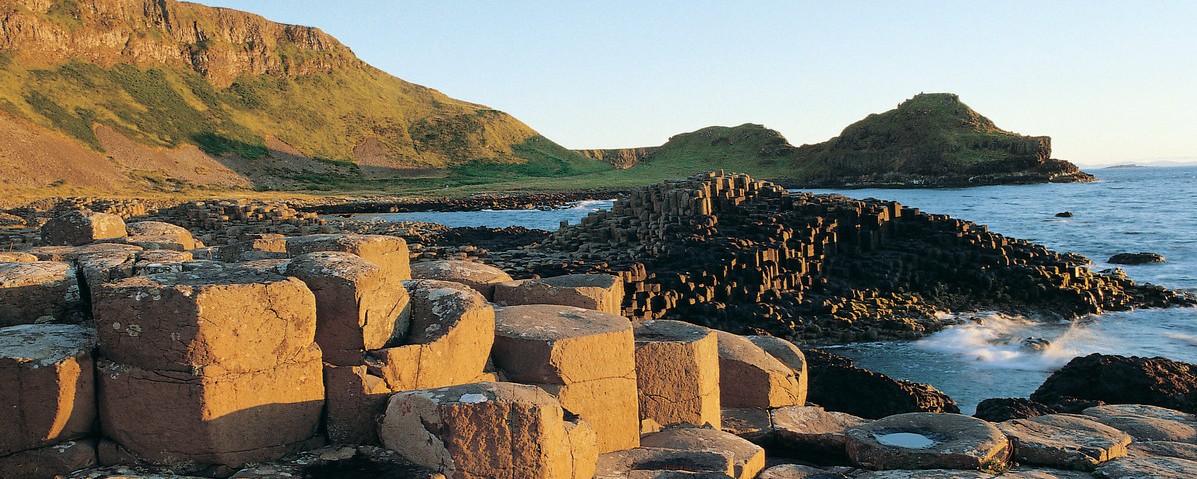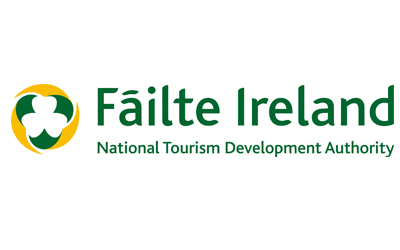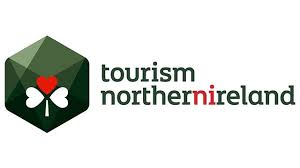Remembering Martin Luther in 2017: 500 years of Protestant Reformation
When Martin Luther nailed his 95 theses condemning the corrupt practice of indulgences to the door of the castle church in Wittenberg, Germany, on 31 October 1517, the Protestant Reformation began. In the run up to the 500th anniversary of this momentous event, discover more about the story of Luther and the Reformation on one of our tailor made tours.

The Protestant Reformation was a worldwide movement aimed at challenging many of the customs of the Roman Catholic Church. The sale of indulgences, which Luther condemned, was a lucrative system by which the church offered absolution from sins in exchange for money. Reputedly, the finance raised from indulgences was so great that it was used to pay for the construction of St Peter’s Basilica in Rome.
The Reformation was, without doubt, a turning point in Western history and is often considered the beginning of the modern era, as people began to explore new ways of thinking and behaviour, outside the traditional doctrine of the Catholic Church. In addition to its effect on religion, the Reformation helped transform many other spheres of life, from politics and culture to science and education.
Martin Luther was born in Eisleben in central Germany in 1483 and moved to Wittenberg in 1508 to pursue his study of theology. After publishing his theses in 1517, he was investigated by the church on charges of heresy and in 1521 Luther was declared an outlaw by the Holy Roman Emperor. A condemned man, he took refuge at Wartburg Castle. However, by March 1522, as the Reformation quickly took hold across the German states, he was free to return to Wittenberg. He died in Eisleben in 1546.
To this day, there are many sites in Germany connected to Luther which can be visited. From his house in Wittenberg, which is now a UNESCO World Heritage site and museum, to the house where he died in Eisleben, the life of Luther can be traced. A visit to Wartburg Castle where Luther took refuge when he was condemned, and where he translated the New Testament into German, is not to be missed and the Augustinian monastery in Erfurt, where Luther spent time as a monk, is an impressive example of medieval architecture.
A visit to Germany is also worth complementing with one of its many famous travel experiences – a boat trip on the Rhine perhaps; a journey through the Black Forest or a stay in the lively capital Berlin. Whatever your interests, we can create the perfect tour of Germany for you. To find out more, please contact us today.
Click here to find out about our heritage tours and click here to find out about pilgrimages.

